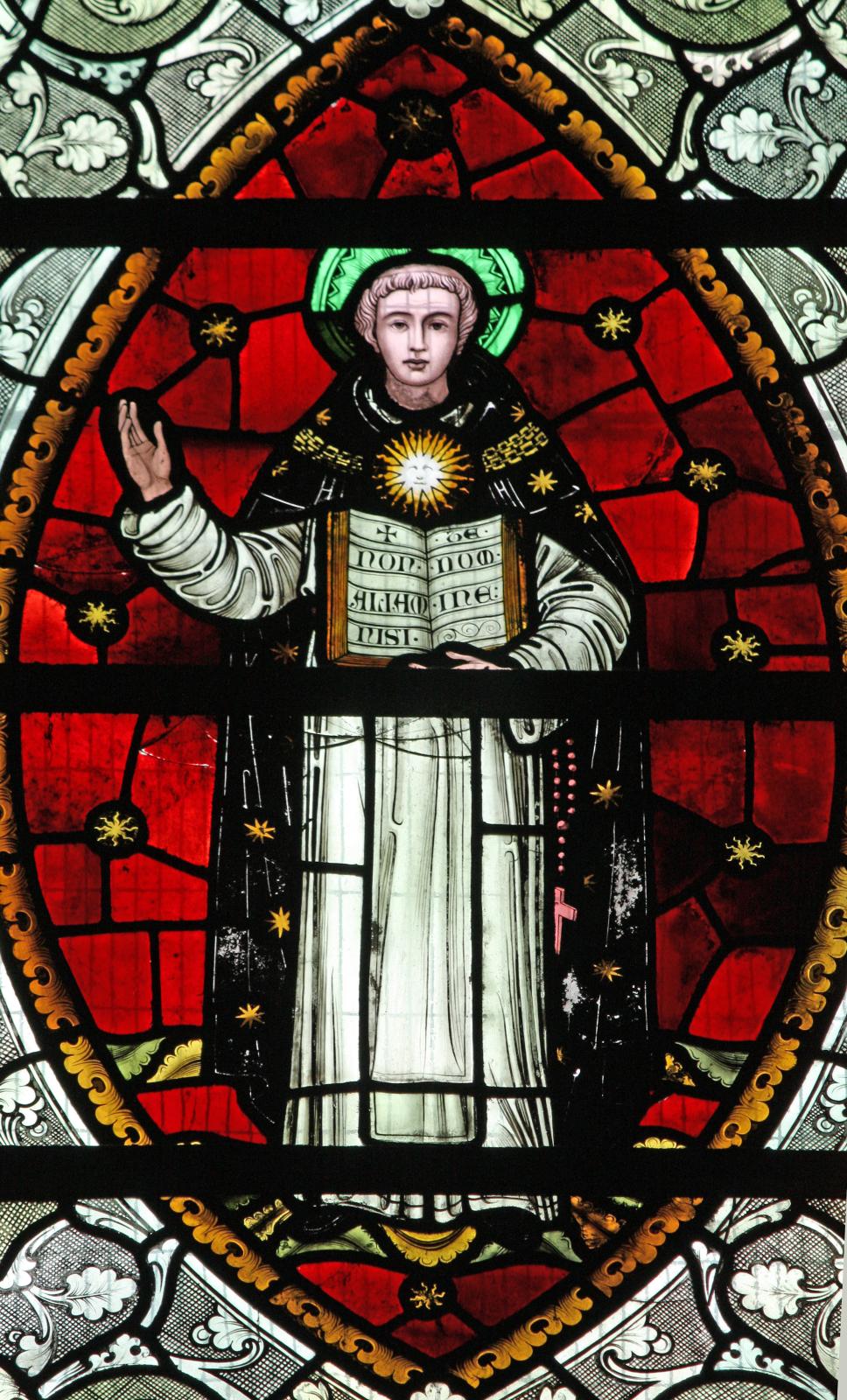By Fr Thomas Crean OP
I don’t remember when I first heard of St Thomas Aquinas. But I do remember roughly when he became important to me. I was aged eighteen or nineteen, studying philosophy and theology at university, and feeling rather at sea. There were a lot of clever teachers around, and mountains of books on offer in the libraries. But somehow none of them felt like a reliable guide. I instinctively knew that human beings are made for wisdom, not just cleverness; for certainties, not just for everlasting debate.
As he has done for so many others, God sent St Thomas to my aid. I don’t mean by an apparition! (perhaps, though, he was already praying for me in heaven.) Rather, God put various people and books in my way, by which I gradually became familiar with the writings of this 13th century saint. They helped me to find my way out of the maze into which my studies had brought me, and which I would have doubtless been unable to escape on my own. In my last two years at university, I deliberately immersed myself in his voluminous works.
At the same time, though, I learned that Thomas Aquinas had been something much more than a wonderfully clear-headed thinker. He had been a saint, and a member of the Order of Preachers, or Dominicans, an institution with which I was just then also getting acquainted. I loved the accounts of his life that I found in various 20th century writers, such as Chesterton and Maritain. I think that what particularly endeared him to me was his combination of genius with genuine simplicity, or humility. I had already seen enough of university life to feel, as is in fact quite obvious, that the characteristic temptation of the academic is intellectual pride. But, as Chesterton put it: 'Nobody could feel for a moment that Thomas Aquinas was showing off.' Then there were the strangely picturesque elements that enlivened the placid austerity of his religious life: fighting off his elder brothers, knights in the emperor’s service, when they tried to kidnap him; driving off the young woman whom they sent to ensnare him; weeping when he offered the holy sacrifice of the Mass; occasionally levitating when engaged in silent prayer; and even finding fresh herrings miraculously provided for him, when he lay dying and was asked if there was anything he would care to eat…
The example of St Thomas’s life, and the instruction that I had received from his writings, were certainly among the things that inspired me to enter the same religious order as he had belonged to, when I came to the end of my time at university. I didn’t, however, initially think of taking his name, on entering religious life. The idea of doing that came to me quite suddenly, when I was reading a book on the philosophy of St Bonaventure! I suppose I was struck for the first time that, important as Aquinas has been for the Catholic Church, his writings are not simply co-extensive with her teaching; and so I felt a wish to align myself more overtly with his thought, not least in gratitude for what I had received from him. My religious superiors therefore gave me permission to take the name ‘Thomas’ when I took my first vows.
That is almost thirty years ago now, but he has never ceased to be a part of my life. For two years I lived in Toulouse, in France, the city where his earthly remains mostly rest, and in the year 2000 I had the honour to be an acolyte when these relics were carried in public procession, I think for the first time since the Revolution. Each day I invoke him as I begin my morning’s work. He may never have the widespread popularity of a St Anthony, a St Francis, or a St Therese, but for me at least, as for many others, he has been a teacher, a marvel, and an inspiration. I think and hope that he always will be.




